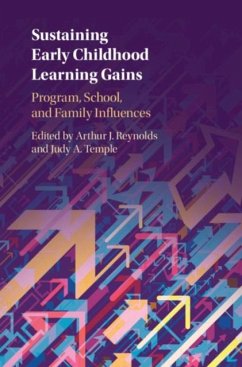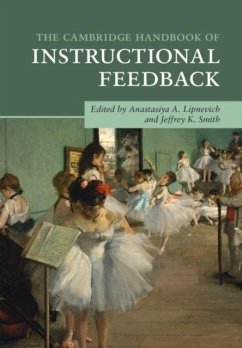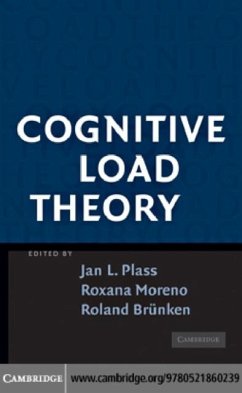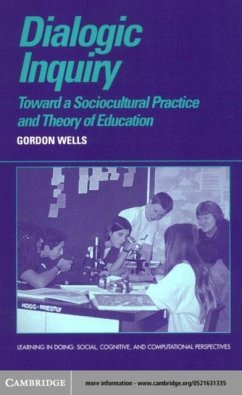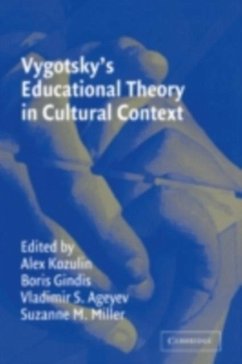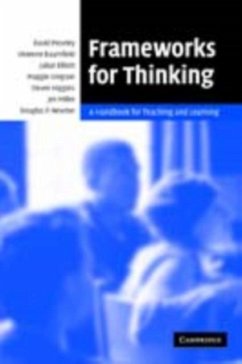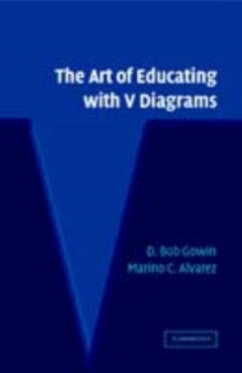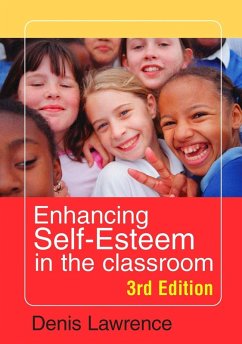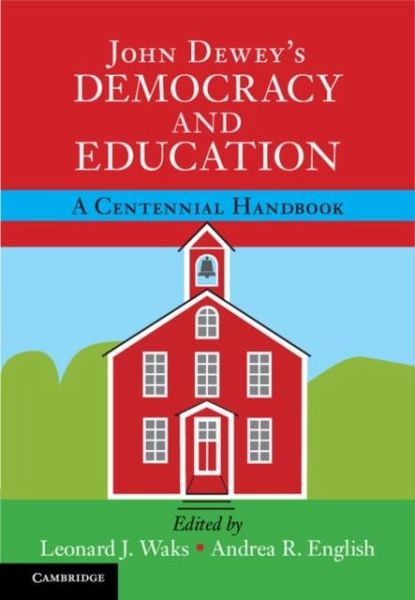
John Dewey's Democracy and Education (eBook, PDF)
A Centennial Handbook
Redaktion: Waks, Leonard J.
Versandkostenfrei!
Sofort per Download lieferbar
84,95 €
inkl. MwSt.
Weitere Ausgaben:

PAYBACK Punkte
42 °P sammeln!
John Dewey's Democracy and Education is the touchstone for a great deal of modern educational theory. It covers a wide range of themes and issues relating to education, including teaching, learning, educational environments, subject matter, values, and the nature of work and play. This Handbook is designed to help experts and non-experts to navigate Dewey's text. The authors are specialists in the fields of philosophy and education; their chapters offer readers expert insight into areas of Dewey work that they know well and have returned to time and time again throughout their careers. The Han...
John Dewey's Democracy and Education is the touchstone for a great deal of modern educational theory. It covers a wide range of themes and issues relating to education, including teaching, learning, educational environments, subject matter, values, and the nature of work and play. This Handbook is designed to help experts and non-experts to navigate Dewey's text. The authors are specialists in the fields of philosophy and education; their chapters offer readers expert insight into areas of Dewey work that they know well and have returned to time and time again throughout their careers. The Handbook is divided into two parts. Part I features short companion chapters corresponding to each of Dewey's chapters in Democracy and Education. These serve to guide readers through the complex arguments developed in the book. Part II features general articles placing the book into historical, philosophical and practical contexts and highlighting its relevance today.
Dieser Download kann aus rechtlichen Gründen nur mit Rechnungsadresse in A, B, BG, CY, CZ, D, DK, EW, E, FIN, F, GR, HR, H, IRL, I, LT, L, LR, M, NL, PL, P, R, S, SLO, SK ausgeliefert werden.




